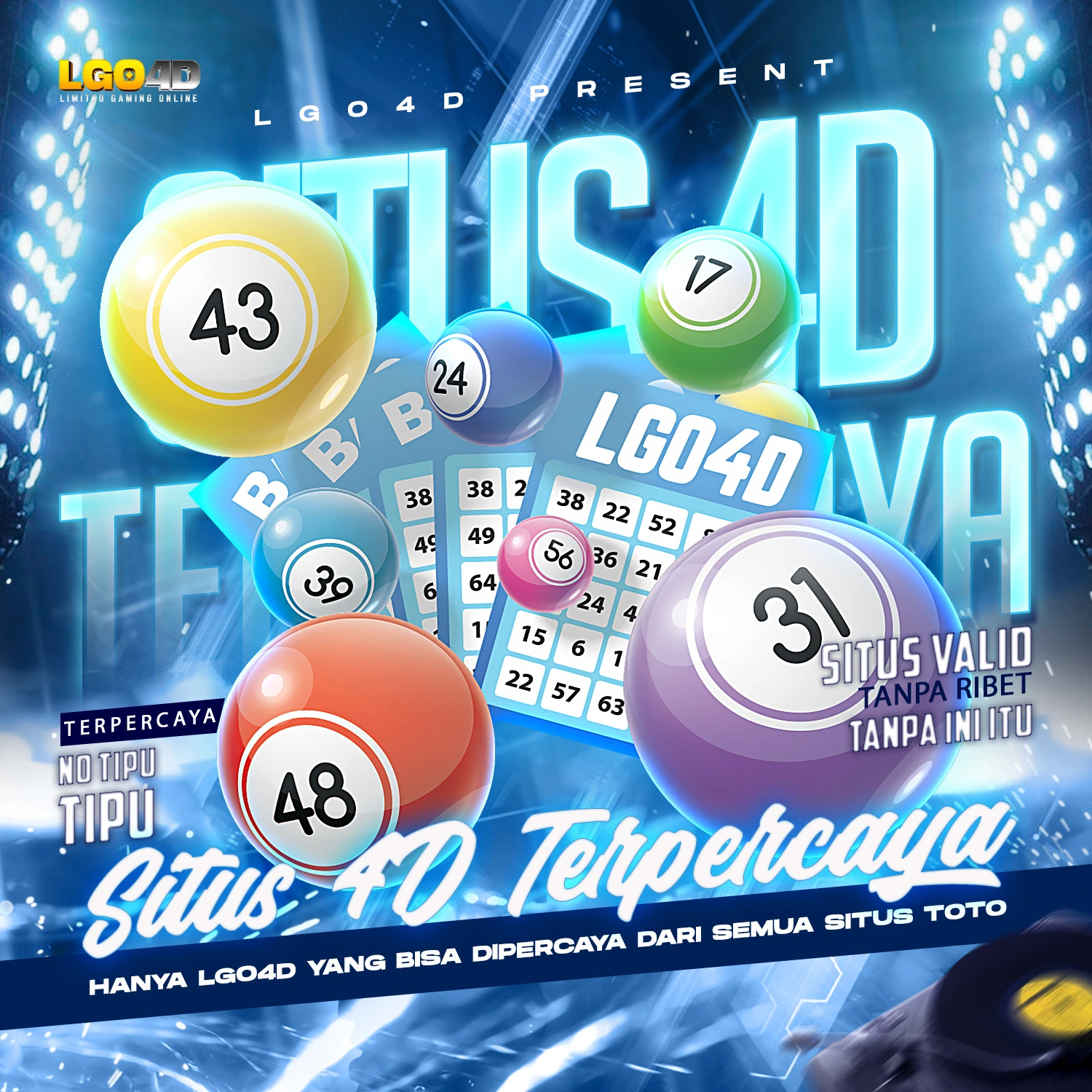LGO4D » Situs Resmi Togel Online 4D Resmi Terbaik & Terpercaya
Apa Itu LGO4D? LGO4D merupakan agen situs resmi togel online 4d resmi terbaik dan terpercaya yang mempunyai pasaran terlengkap dan terbesar menjadi pilihan terbaik untuk para pemain toto. Nikmati keseruan bermain di Situs LGO4D yang memiliki berbagai jenis pasaran togel resmi terbesar dan terlengkap dengan diskon besar pastinya membuat para pemain menjadi betah untuk menikmati keseruan di situs ini. Daftar sekarang serta nikmati keseruan bermain togel online 4d resmi terbaik dan pastinya terpercaya aman untuk dimainkan.














 Promosi
Promosi
 Login
Login
 Daftar
Daftar
 Link
Link
 Live Chat
Live Chat